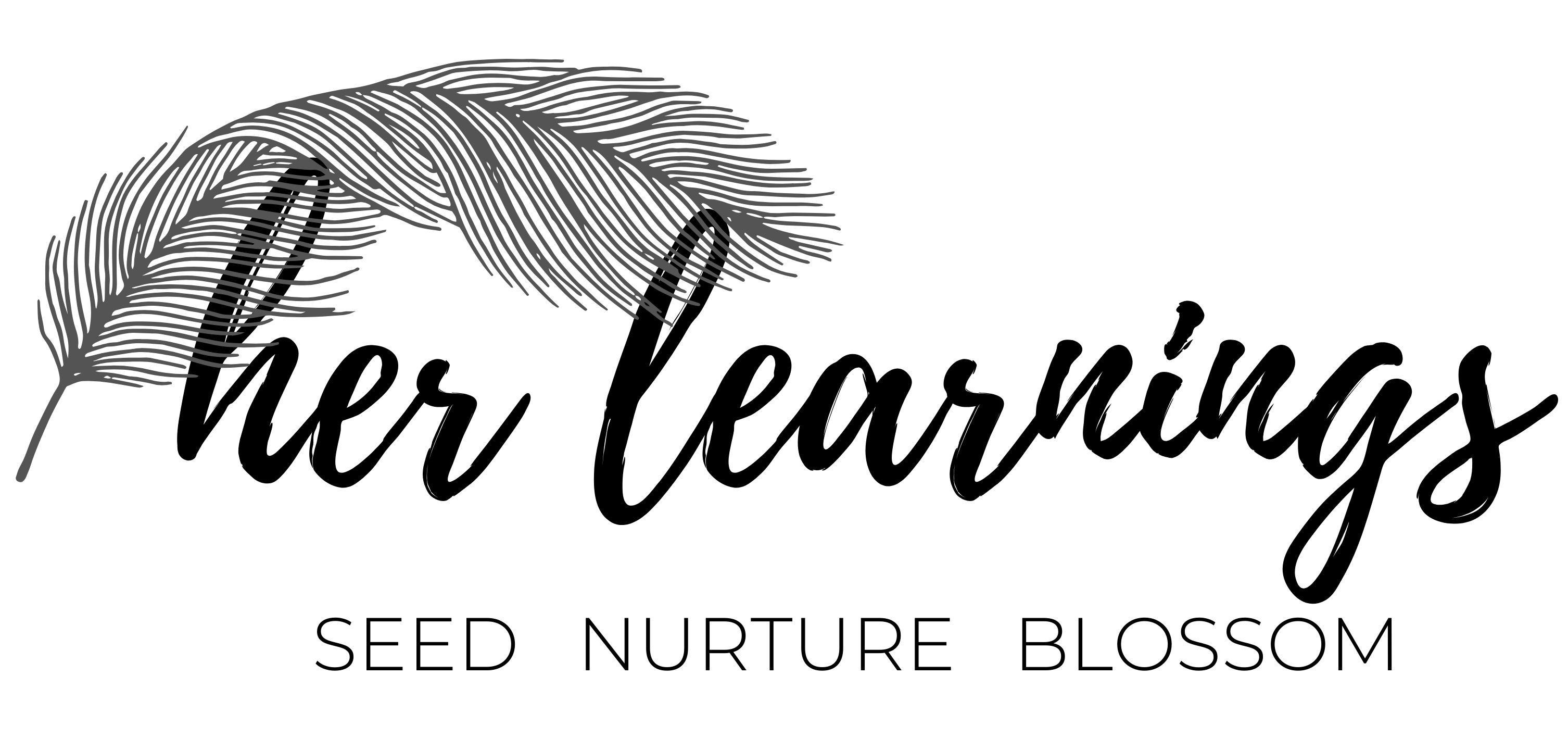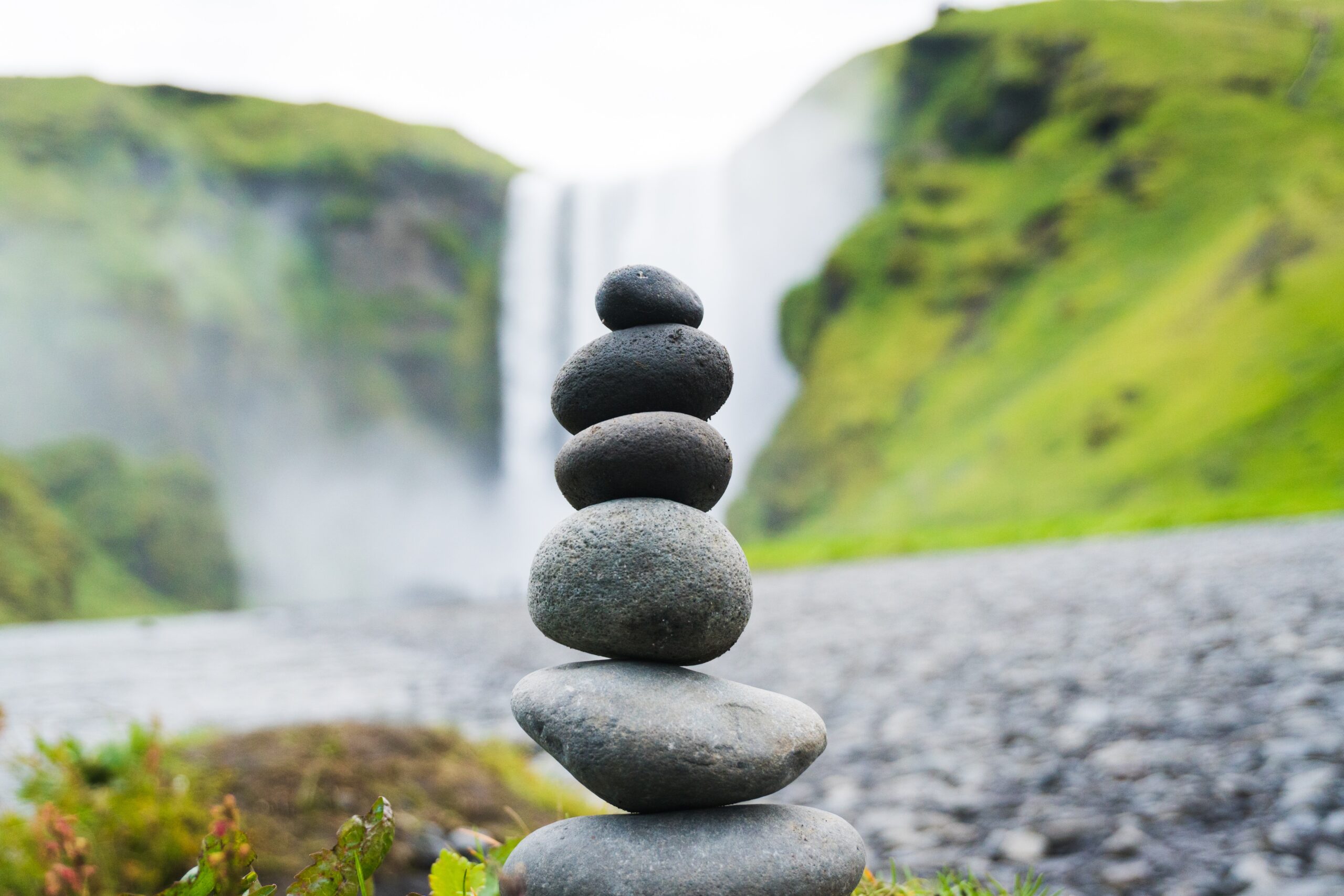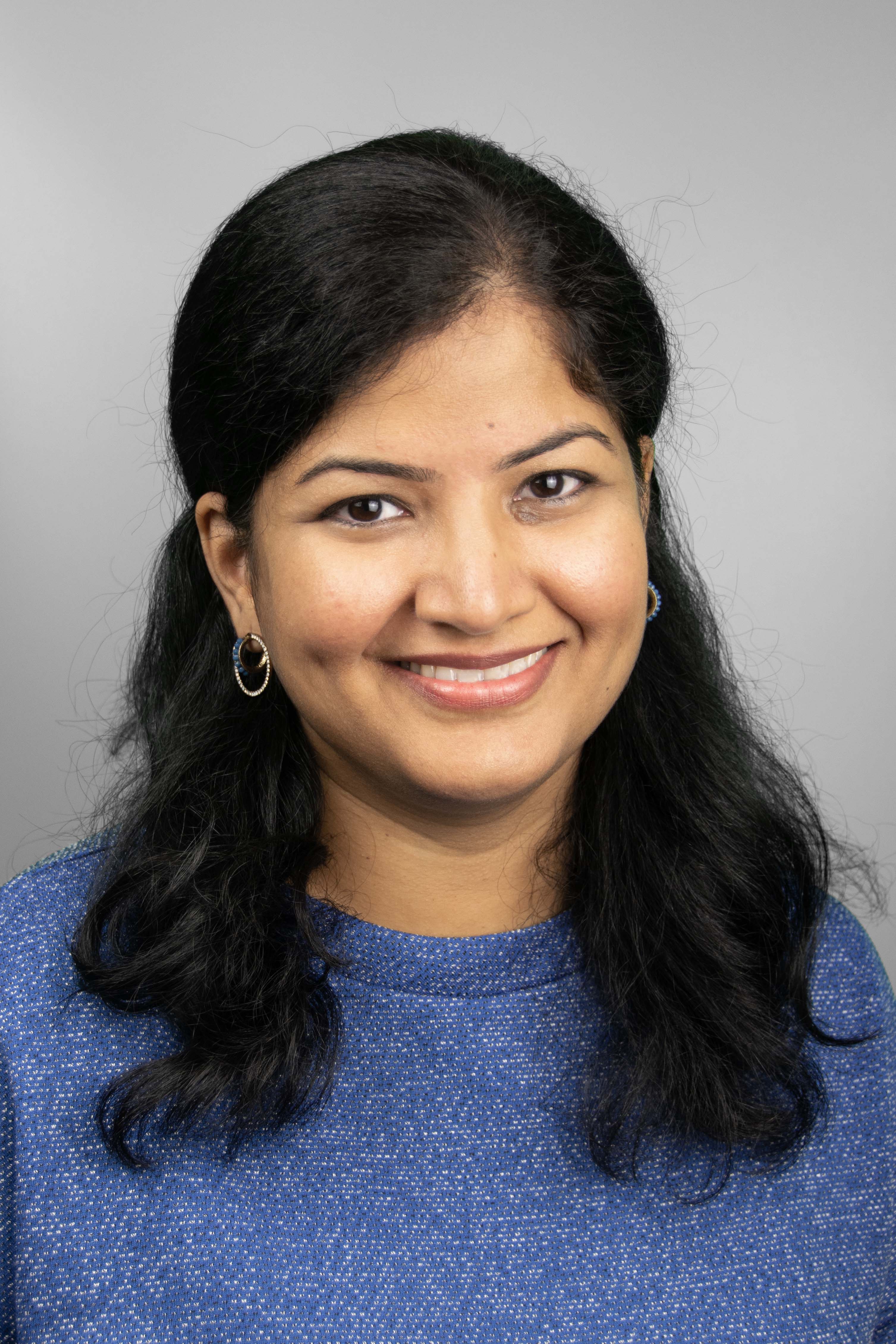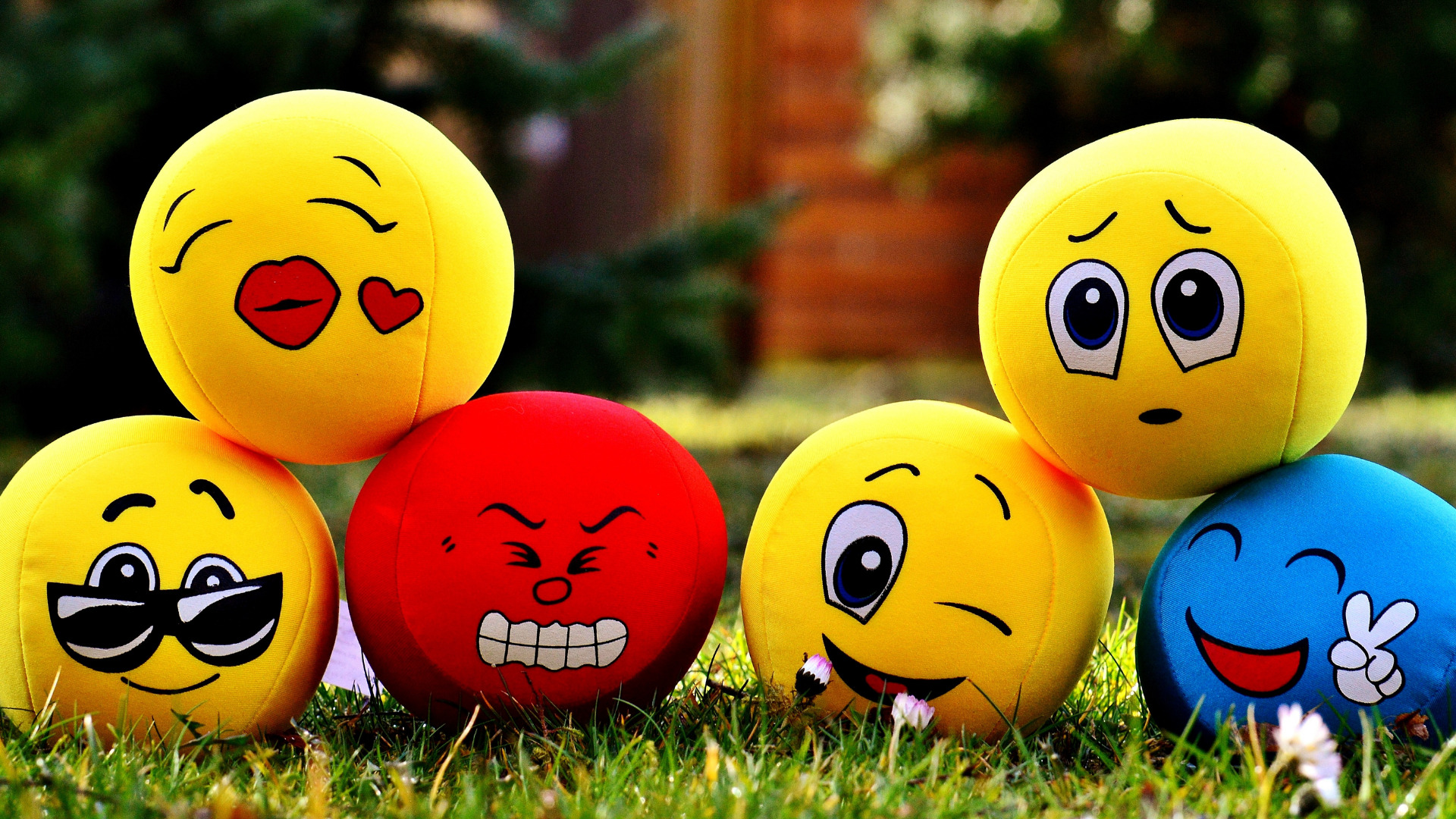Where do you start in knowing yourself better? As Greek philosophers suggested centuries ago: To know yourself is the beginning of wisdom. We probably know that it takes a lot of time and effort for inner reflection and discovering about ourselves.
Is there any simpler way to start this journey, you may ask? Let’s break down components that make us human and how we could understand them better.
A holistic view of self:
When I view self holistically, I see four key elements:
1) Body
2) Mind
3) Heart
4) Soul
I like to imagine myself as a magic building with four floors, each floor representing a different element. And I believe it is vital to pay attention to each floor for the building to function and serve well.
Each of these elements has its unique language. When I can recognise, understand and respond to the language spoken by these elements, I can effectively be of service to myself and others. Let’s look at these languages and see if you agree with them.
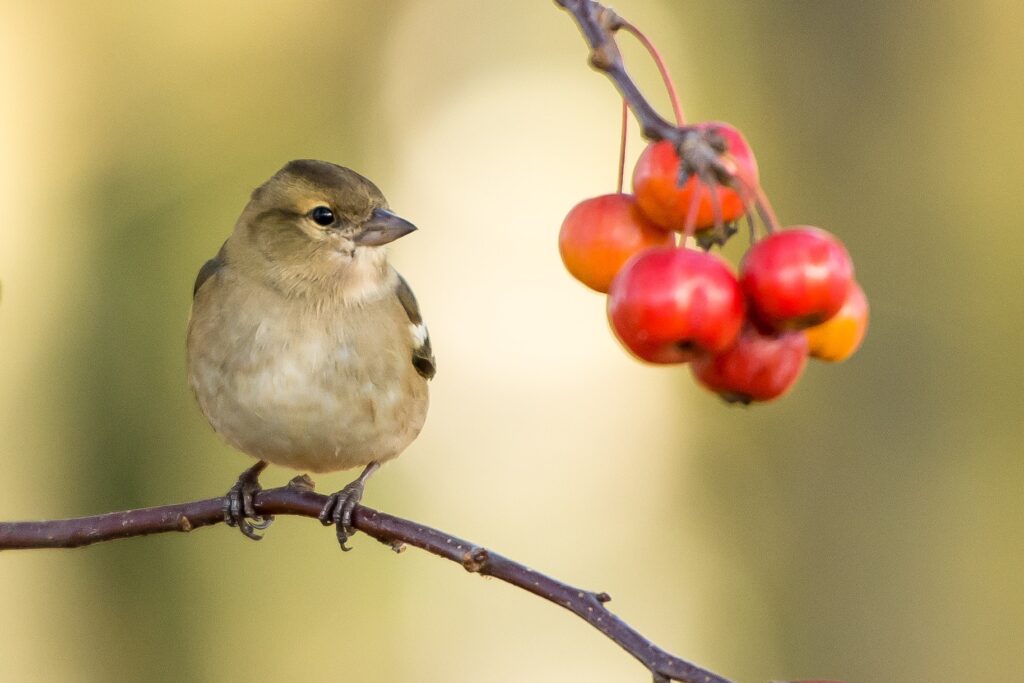
Know Thyself
Socrates
Body:
The body is one of the foundational and simpler elements of the self. It is made of physical matter and follows the laws of physics. The body communicates through Sensations. We feel the body through its sensations that can vary in intensity from mild awareness to severe pain. The body is an incredibly complex machine that has its components functioning at high accuracy rates. Even minor variations cause disruptions in functioning.
Mind:
The mind includes the brain, which is part of the body that serves as the basic hardware. New research shows that the mind is much bigger than what we knew so far. The mind uses the brain, and the brain responds to the mind, and in fact, your mind is how you experience your life. Mind communicates through Thoughts. The mind does not follow the laws of physics. It is incredibly vast and further classified into layers such as conscious and sub-conscious.
Heart:
In this context, the heart is not the organ in the body that pumps blood. The heart holds space for emotions. It serves as a bridge that connects us with the other living and non-living things in the world. The heart speaks the language of Feelings. It can hold to a set of values that serve as a compass to navigate life’s journey and offer different possibilities.
Soul:
There are many interpretations of what the soul means and sometimes used interchangeably as spirit. In my view, the soul is the true essence of the being. It is the energy that makes us “alive” in the body. It lives on even after the body dies and has its own journey and destination. I believe it holds the divine spark that offers us a glimpse of God! The language of the soul is intuition.
Practice makes Progress

How to master the languages:
Like mastering any language, practising these languages takes time, effort and energy. We may have our own skills, biases and preference of a language over the other based on the kind of conditioning and education we received as we grew up.
When we can master the language of sensations, thoughts, feelings, and intuition, we can tap into a well-rounded intelligence.
We are taught in schools to learn to think with our mind, and for many, it becomes the most used elements in their lives. We often get stuck in our thoughts, and more often than not, we get limited by it rather than liberated.
I think we don’t even use our brains liberally. We are so well-trained to use the rational mind that we forget to use our creative minds.
Just using our mind to make major decisions is like dancing using only one hand and not using the rest. When we use our whole body to dance, the dance becomes much more versatile and enjoyable to the dancer and the viewers.
1) Recognise:
The first step to mastering the language is to notice and acknowledge them when any elements express it. I remember growing up with a notion of my mind being stronger than my body. I applied this notion liberally and proudly.
I would ignore the pain in my body to the extent it becomes unbearable and attend to it only when I have no choice left. I am most grateful to my body for putting up with my attitude and staying so resilient and healthy regardless of how I treated it.
I wish I learned to listen to my body to tap into my body’s wisdom much earlier. With age, I embrace my body as the temple of my soul and an essential part of my human experience.
On the other hand, I was good at recognising intuition from a very early age and gathered the courage to listen to it, even when it didn’t make sense when I reasoned.
2) Understand:
The second step is to understand the meaning of the language. I have found it worth the time and effort spent, and it has often led me to use the wisdom of the heart and the mind.
Some experts believe, in a given day a person may have 6000 thoughts and others believe there are 60,000 thoughts. Though the number seems incomprehensible, there are a few that really needs attention which might have a pattern. Paying attention to the important ones and finding a pattern in the way I think lets me believe there is a method to the madness
I found understanding feelings also needs deep reflections to start understanding the nuances, cause and effects. I find that body sensations are more straight-forward to comprehend compared to thoughts and feeling as it is a physical experience.
When it comes to intuition, the big learning I have is not ask why I am intuiting in a particular way. Because I might not know the reason at the moment. Often I can only see the reason years after I had responded to the intuition. Learning to trust the intuitions is what I know to be important to understanding them.
3) Respond:
The last step is to respond based on what we have understood. We address the signals provided in a way that works favourably for us. In my experience, if we have understood the signs well, it will be easier to find a good response.
For example, when I have made more significant decisions about moving to a new country or shifting my career direction, it started with an intuition. To me, intuition feels like a deeper knowing and not necessarily rational.
My strategy has been to wait on such a long-term decision for months and sometimes years. When I can gather enough reason in my mind and feelings are aligned, that is the moment I act on my decision. Even when the decision might not make complete sense to others, I can make a wholehearted decision.
In my experience, when I am making a decision that aligns with all the elements of myself, it is more sustainable in the long term. I usually have sufficient energy to do the right thing that makes the decision work favourably for my loved ones and me.
Reflections:
1) Which language of the elements are you most comfortable and least comfortable?
2) What do you do when the languages contradict each other? Which one takes precedence?
3) Where would you like to focus more on mastering these languages?
Here is another article on Blossoming that you might be interested to read:
